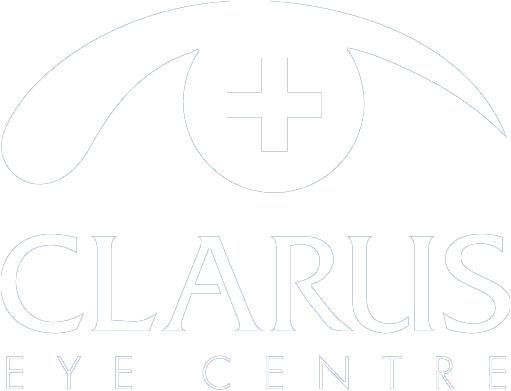Treatment for Age-Related Macular Degeneration
Age-Related Macular Degeneration (AMD) is a chronic eye disease associated with aging. The disease causes the deterioration or the breakdown of the macula, resulting in the loss of sharp, central vision. AMD is the leading cause of blindness in Americans age 65 and older. However, early detection can go a long way toward preventing vision loss if you are at risk of developing AMD.
All About Age-Related Macular Degeneration
Risk Factors for AMD
The exact cause of Age-Related Macular Degeneration is unknown, but several studies have shown that the following are risk factors for developing AMD:
- Age 50 and older
- High blood pressure and other cardiovascular diseases
- Smoking
- Family history of AMD
Macular Degeneration affects the central part of the vision, not peripheral vision – AMD rarely causes total blindness. The progression of AMD can be slow or rapid. Deterioration of central vision may occur over a few years. Visual symptoms patients may experience with AMD include a dark or empty spot in the center of their vision, crookedness or waviness of straight lines, or distortion of words on a page you may be reading. Pain is not associated with AMD.
The “dry” form of AMD occurs in approximately 90% of patients who have been diagnosed. Dry AMD occurs when small yellow deposits called drusen form and collect beneath the macula. Drusen breaks down the macula's light-sensing cells, which can slowly blur and distort vision.
The “wet” form of macular degeneration occurs in only 10% of patients with AMD, but it accounts for 90% of all severe vision loss from the disease. Wet AMD occurs when blood vessels in the back of the eye begin to grow abnormally. As the blood vessels grow, they become weak then often leak blood and fluid damaging the macula.
Treatment Options
Although there is no cure for either type of AMD, early detection and treatment are the best defense against losing your vision. If you are at risk for macular degeneration, you must have a comprehensive eye exam every one to two years.
Studies have found that high levels of zinc and antioxidants play a key role in slowing the progression of dry macular degeneration in advanced cases. Be sure and talk to your doctor before taking or increasing any supplements.
Wet AMD is currently most commonly treated with certain medications classified as the anti-VEGF class. Anti-VEGF drugs are delivered directly into the eye with an injection done by a retinal specialist. Anti-VEGF treatments block the effects of VEGF (vascular endothelial growth factor), a protein that promotes the growth of abnormal blood vessels under the retina. Laser treatments, conventional or “cold,” can be done to close off the abnormal blood vessels. This procedure seals the blood vessels, keeping them from leaking blood or fluid under the macula. If a laser is utilized nowadays, it is usually as an adjunct to anti-VEGF injections.
